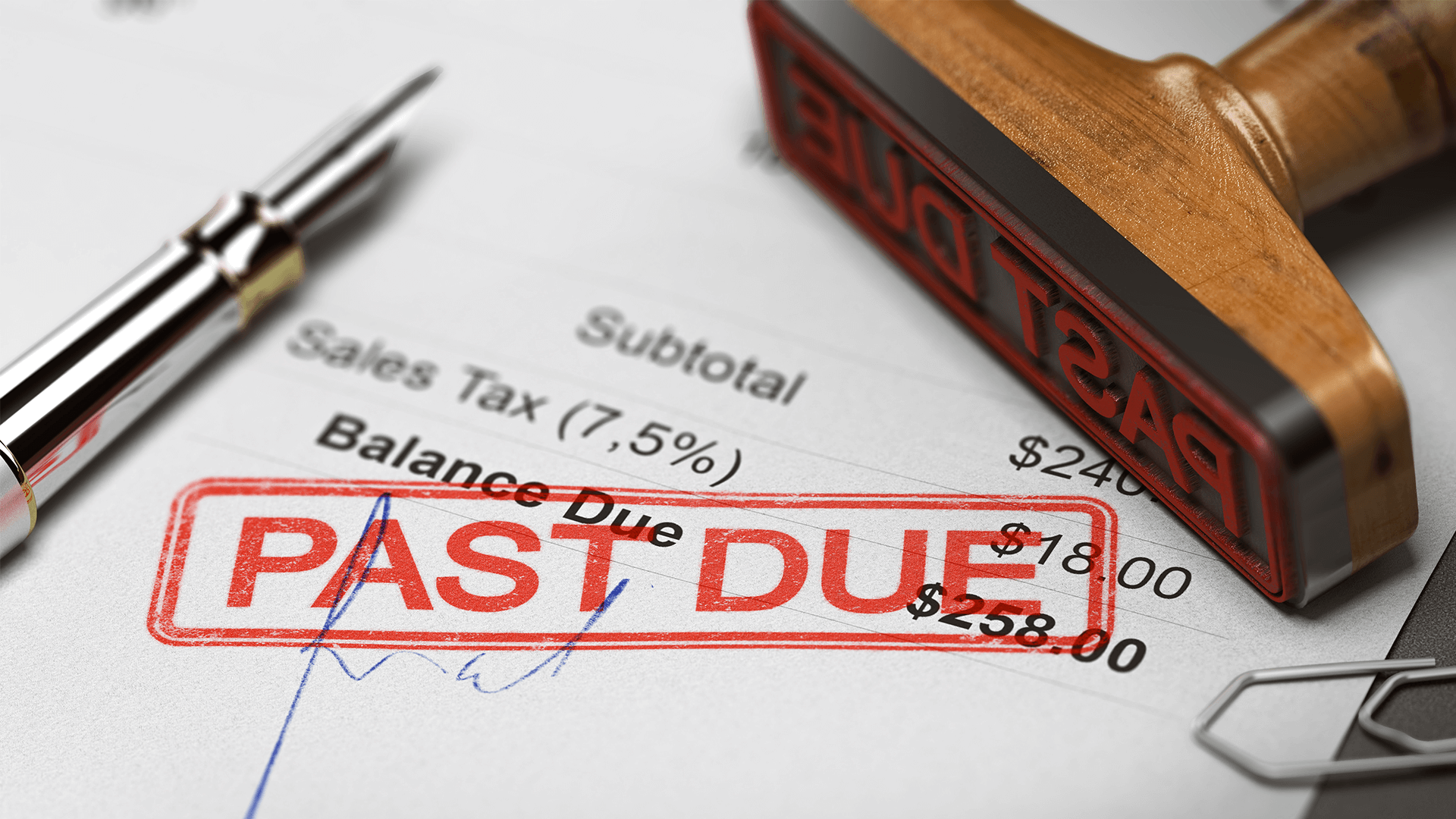When it comes to trading in financial markets, there are various instruments available to investors. Two of the most popular ones are stock trading and Contract for Difference (CFD) trading. Understanding the basic concepts of both is essential before making any decision.
Stock Trading
Stock trading is the act of buying and selling stocks on the stock market. When you buy a share of a company, you become a part-owner of that company. As a stockholder, you can make money through capital appreciation when the stock price rises, or through dividends paid out by the company.
But let’s be real, dividends are not always guaranteed, and capital appreciation is not always a given. So, there are risks involved in stock trading. Companies can go bankrupt, and the stock price can plummet, resulting in significant losses.
It can be rewarding, and you can make a significant profit if you know what you’re doing. For instance, if you have insider knowledge of a company that indicates that it’s about to release a ground breaking product, you can buy shares before the news is public. After the official announcement, everyone else will want to buy shares, causing the price to rocket.
What is CFD Trading
This is a Contract for Difference, which means you’re speculating on the price movements of an underlying asset. The profit is made based on the difference between the purchase price and the selling price.
You don’t even own the actual asset, just the difference between the purchase price and the selling price. That’s the beauty of it. The main goal of CFD trading is to make a profit from price speculation rather than owning any asset. However, this kind of trading involves a higher level of risk and requires detailed understanding of the underlying assets.
Trading CFDs Tips
CFD trading is accessible to beginner traders and it’s better to check out these CFD trading for beginners first. It’s highly recommended to only trade with money that you can afford to lose. You should choose a reputable CFD broker and open a CFD trading account.
You can start by trading with a small amount of money and gradually increase your trading size as you gain experience. Fifth, you should use stop losses to limit your losses and take profits when the market reaches your target. You should always use risk management strategies to minimize your losses.
Key Differences Between Stock Trading and CFD Trading
While both involve the buying and selling of assets, they differ in several ways. One of the key differences between stock trading and CFD trading is ownership of the underlying asset. When you buy stocks, you become a part-owner of the company and have a claim on its assets and earnings.
On the other hand, when you trade CFDs, you do not actually own the underlying asset but enter a contract with the broker to exchange the difference in price between the opening and closing trade.
Another major difference is the leverage available in CFD trading. CFDs allow you to trade with higher leverage than stocks, meaning you can take on larger positions with a smaller amount of capital. While this can magnify your profits, it can also amplify your losses. Costs also differ between stock and CFD trading.
When you buy stocks, you may need to pay brokerage fees, clearing fees, and exchange fees. When trading CFDs, you may need to pay spreads, overnight financing charges, and other fees. These costs can add up and have a significant impact on your returns.
Which One is Right for You
There’s no one-size-fits-all answer to this question. It all boils down to various factors like your financial goals, trading experience, risk appetite, and the amount of money you’re willing to invest. If you’re a risk-averse investor who prefers long-term investments, then stock trading might be the way to go.
On the other hand, if you’re looking for short-term gains and willing to take risks, then CFD trading might be more suited to your needs. It’s important to understand your risk appetite before jumping into any kind of trading.
You need to be prepared to lose your investment money entirely in CFD trading if things don’t go as planned. So, make sure you have enough funds set aside for your trades before jumping into the world of CFDs.




























